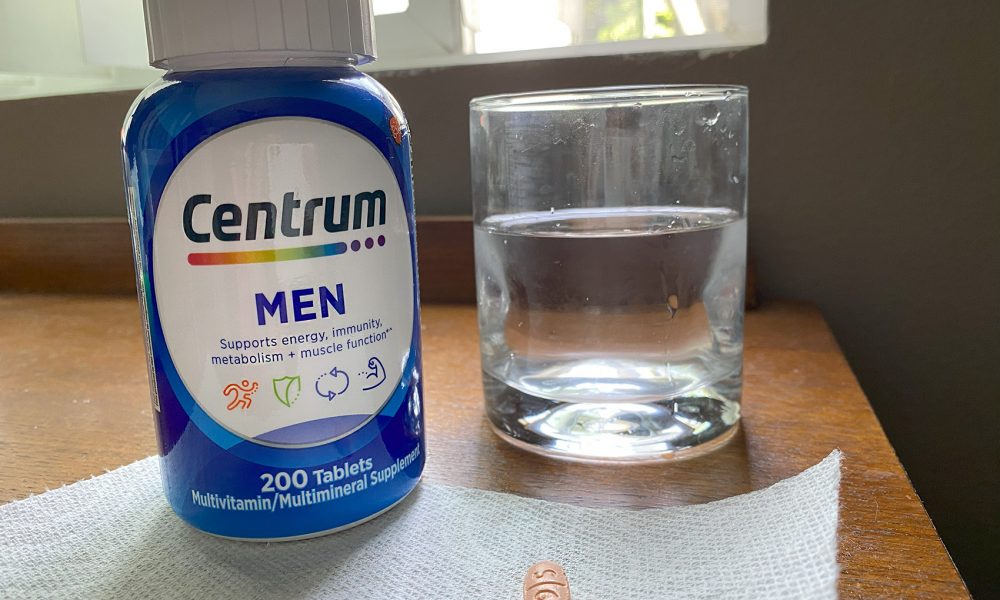Jessie Orozco, a 21 year-old resident of Burbank, stands in line at the Ralphs self-checkout line with five items in his hands: hamburger patties, pork sausage links, thin-cut beef sirloin, ground beef and a packet of American cheese singles.
Orozco is about to embark on the latest diet fad, the carnivore diet.
“I didn’t feel good after eating high-carb foods,” Orozco said. “I would feel tired and have stomach pains.”
Orozco restricts his diet to animal products and stays clear of plants. Advocates of the carnivore diet, such as Shawn Baker, author of The Carnivore Diet, claim this diet aids weight loss, regulates blood sugar and improves mood.
Instagram has over two million posts with the hashtag #carnivore and over 113,000 posts with the same hashtag on TikTok. While this fad soars in popularity, it is not met with the same support from dietitians.
“Fad diets don’t work,” said Amanda Sauceda, a dietitian and a nutrition and dietetics professor at Long Beach State.
Lack of nutrients is a primary concern with this diet. Although meat is a great source of iron and B vitamins, most adults in the U.S. experience a deficiency in potassium, dietary fiber and calcium, according to the U.S. government’s 2020-2025 Dietary Guideline for Americans.
Nutrient deficiencies can negatively impact digestion, energy levels and mental health. The easiest way to get these nutrients is through fruits, vegetables and other plant-based foods.
However, almost 90% of the U.S. population is failing to meet their recommended vegetable intake and 80% are failing to meet their recommended fruit intake, according to the government guideline.
Meanwhile, almost 70% of the U.S. population exceeds their recommended meat, poultry and egg intake, which are at the center of the carnivore diet.
The carnivore diet does allow multivitamins to fill in the nutrient gaps, although it is not reliable and lacks FDA regulation.
“[About 44% of] multivitamin and mineral supplements analyzed in 2020 by ConsumerLab.com were found to have quality problems, such as having more or less of the vitamins and minerals than their labels claimed,” according to a consumer reports article about vitamins. “Some may even contain contaminants.”
Not everyone is consistent with taking vitamins on their own either.
“I feel like I don’t need [multivitamins] but I still try to take it a couple times a week,” Orozco said.
Primitive eating can be well intended by trying to eliminate processed foods, but Kia Octaviano, a registered dietitian at Long Beach State, said extreme dieting can develop into eating disorders.
According to Octaviano, low-carb diets also amplify negative stigmas about carbs even though they are the preferred source of energy for your brain.
“It’s definitely hard because you start to crave carbs a lot,” Orozco said.
Instead of restricting foods, Sauceda and Octaviano recommend a personalized approach focusing on moderation, affordability and adding more nutrient-dense foods for a healthier diet. This can look like a plate with a juicy steak paired with plant-based foods, such as lentils, plantains or a cucumber salad.
“[Diet fads] make you fearful of food or shameful that you’re eating them,” Sauceda said.
Long Beach State students can schedule an appointment with Octaviano through student health services to speak about their health goals and dietary needs.
“A lot of diets are the same variation of a low-carb diet,” Octaviano said. “So if they truly did work why do we have to keep reinventing them.”




